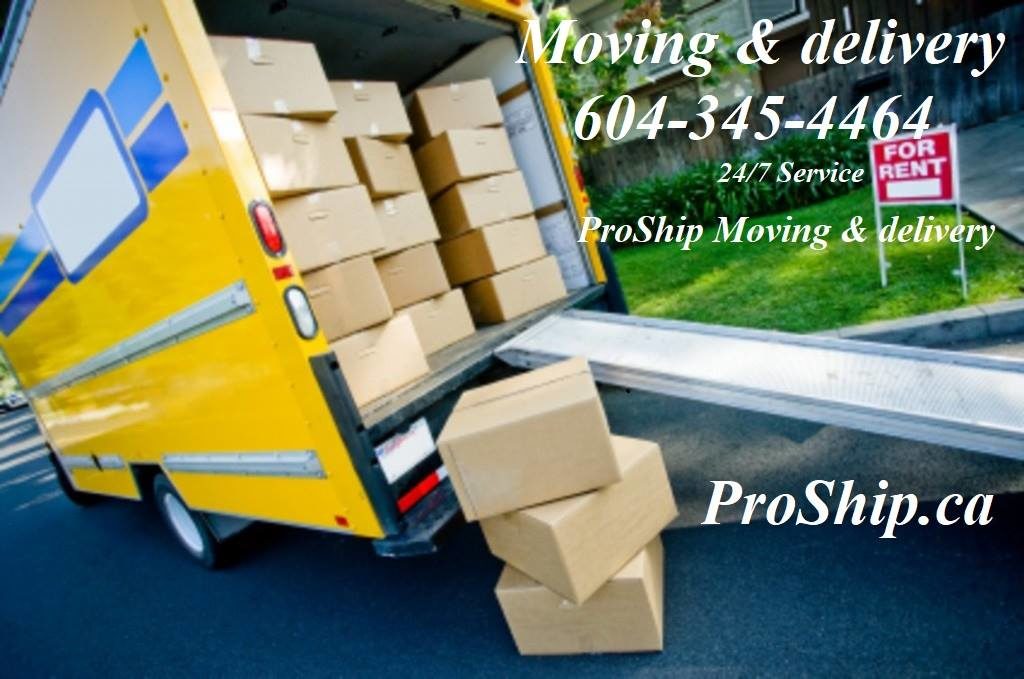Let’s face it: Unless you’re a minimalist, moving is one of the biggest household tasks there is and it can be extremely overwhelming. But if you can get a head start and stay organized, you should make it through this mammoth process unscathed and ready to enjoy your new abode. Here are 21 tips to help you avoid moving day chaos.

Local-Moving-companies-professional-movers-short-notice-moving-best-movers-
1 Get organized early
Avoid leaving anything until the last minute. Unless you have to pack up and leave in a hurry, chances are you have between 30 and 60 days to make a plan and ensure that moving day runs smoothly. Create a countdown list and itemize everything you need to accomplish week by week.
2 Figure out your move strategy
How are you going to get from point A to point B on moving day? For shorter moves, you’ll either need to assemble some very nice friends with trucks or consider renting a truck for the day. If you have a big family to move or you’ll be moving a long distance, you’ll want to price out moving companies.
3 Keep your movers in the loop
Boxes are one thing, but when you get to the big, heavy stuff, it’s important to let your movers know what to expect. “Communicate with your moving company and explain all the requirements and expectations prior to booking,” advises Adam Gagner, founder and current president of ProShip.ca. “Your mover has to be aware of all those minor details in order to estimate your total move time and cost, and have proper equipment available.” That includes informing the company about any overweight items (i.e. a piano or fridge), access restrictions (small elevator, walk-up only, narrow driveway) and whether you’ll need help with disassembly or assembly of furniture. 1 Get organized early
Avoid leaving anything until the last minute. Unless you have to pack up and leave in a hurry, chances are you have between 30 and 60 days to make a plan and ensure that moving day runs smoothly. Create a countdown list and itemize everything you need to accomplish week by week.
2 Figure out your move strategy
How are you going to get from point A to point B on moving day? For shorter moves, you’ll either need to assemble some very nice friends with trucks or consider renting a truck for the day. If you have a big family to move or you’ll be moving a long distance, you’ll want to price out moving companies.
3 Keep your movers in the loop
Boxes are one thing, but when you get to the big, heavy stuff, it’s important to let your movers know what to expect. “Communicate with your moving company and explain all the requirements and expectations prior to booking,” Adam gagner, founder and current president of ProShip.ca. “Your mover has to be aware of all those minor details in order to estimate your total move time and cost, and have proper equipment available.” That includes informing the company about any overweight items (i.e. a piano or fridge), access restrictions (small elevator, walk-up only, narrow driveway) and whether you’ll need help with disassembly or assembly of furniture.
4 Pick the right transportation
If you’re moving a short distance, you may be able to get away with making more than one trip. But if you don’t have that luxury, you’ll need to make sure you have the right size of truck to cart your belongings in one go. “Choosing the right size is particularly important when moving farther away, as making several trips could be a problem,” says Andrew, who recommends using the following guidelines when determining the size of your truck:
• In general, the contents of bachelor and one-bedroom apartments will fit in a 16′ cube truck available at your local rental company.
• Two to three fully furnished bedrooms will require a 24′-26′ truck to ensure your move is completed in one load.
• The contents of most houses can be moved in the same 24′ truck with one or two trips.
5 Seize the opportunity to purge
Moving is a great chance to organize your belongings and get rid of items you no longer use. If the time of year permits, hold a yard sale. Or, take the time to sort and donate gently worn clothing to Goodwill, put furniture up for sale on a site like craigslist.org, recycle old magazines and catalogues and shred old documents.
6 Put together a packing kit
If more than one person is packing, stay organized by establishing a system. Have blank inventory sheets prepared so one person can tackle each area or room. Arm each packer with a pen, black marker, and packing materials, like newspaper, a packing tape dispenser and boxes.
7 Green your move
Moving day can generate a great deal of waste like cardboard, bubble wrap and newspaper. For items you’ll be storing even once you’ve moved in, opt for the reusable plastic bins you can purchase at stores like Home Depot or Solutions. These can be labeled to go directly into closets until you’re ready to deal with the contents. You can avoid cardboard for the rest of your belongings, too, by renting plastic bins from a company like Blue Bins Unlimited. You might also consider using older linens to wrap breakables.
8 Reuse boxes
You may still need a few cardboard boxes to round out your moving kit. A few weeks before you start packing, grab a few each time you visit the grocery store. Keep in mind that smaller boxes are easier to carry when facing stairs and narrow pathways, says Andrew.
9 Take inventory
This is especially necessary if you’re hiring a moving company. Having a record of your household items is useful if something goes missing. Consider keeping a spreadsheet of the contents of each box. Then, assign each box a number and all you have to do is write that number on each side (maybe with the appropriate room listed, as well).
10 Label everything!
Label all sides of the box (avoid the top). Whoever is carrying in your boxes might not make sure all labels are facing one way for your easy retrieval. Try labeling each side in marker so you can easily find what you need in a stack.
11 Find out your condo rules
Moving into a condo isn’t as easy as pulling up to the front door and loading your boxes onto an elevator. Be sure to check the moving policy before scheduling your moving day. For example, some condos don’t allow move-ins on Sunday. According to Andrew, you may need to book a service elevator and a time frame for moving in. “On most occasions, your condo will ask for a security deposit in order to book a service elevator. That can range from $100 to $500 depending on your condo rules.”
12 Pack in things you need to pack
You need to take your luggage with you. Why not use it as a box? The same goes for dresser drawers. You may need to remove them for transport, but if you don’t have too far to go, they can be helpful for light items. “For delicate apparel that you don’t want to fold, using a portable wardrobe box is the way to go,” recommends Andrew.
13 Prepare a moving day kit
Keep one box aside of “essentials” that you’ll need on moving day: cleaning supplies, light bulbs, toilet paper, garbage bags, a change of clothes, your toiletry bag, etc.
14 Be ready for your movers, whether hired or friends
Whether you have family or professional movers showing up at your door, be ready for them when they arrive. With a moving company, unless you hire packers, be ready and packed before the crew arrives, advises Andrew. “Scrambling for boxes will delay your move and increase your cost.”
15 Protect your valuables
Find a safe place to store your valuables on moving day. Insure anything that’s valuable or breakable if you’re using a moving company. And if you’re moving a computer, do a quick backup of important files just in case something happens in transit.
16 Delay deliveries
If you’ve made some new purchases, such as a couch or dining room suite, schedule the delivery after moving day. That will help you focus your attention on moving day itself and will avoid any congestion between delivery people and the movers.
17 Don’t mistake belongings for trash
Try to avoid packing things in garbage bags. Well-meaning friends or family could accidentally throw them out on moving day.
18 Hook up essential services
Make sure you understand how utility bills (gas, water, electricity) will be transferred over to you from a previous owner. Also, arrange to have your phone line, cable and Internet working if necessary.
19 Find a pet sitter for the day
If you have a pet that could be traumatized by a move, arrange to have them stay somewhere during moving day. If you’re hiring movers for a long-distance move, be sure to arrange your pet’s safe transport to your new home.
20 Make nice with your new neighbours
Start off on the right foot by informing your immediate neighbours that you’ll be moving in and what kind of moving vehicles you’re using. If you’re moving on a weekday, make sure your truck isn’t blocking anyone’s exit. If it’s wintertime, clear your driveway of snow and ice, says Andrew. “Make sure there’s plenty of room to park the moving truck. That’s essential on busy streets otherwise you could slow down your move … increasing your total cost.”
21 Treat your movers
Whether hired movers or friends and family, be sure to have food and drinks readily available for everyone. “On a hot summer day, your crew will appreciate a cold drink,” says Adam


